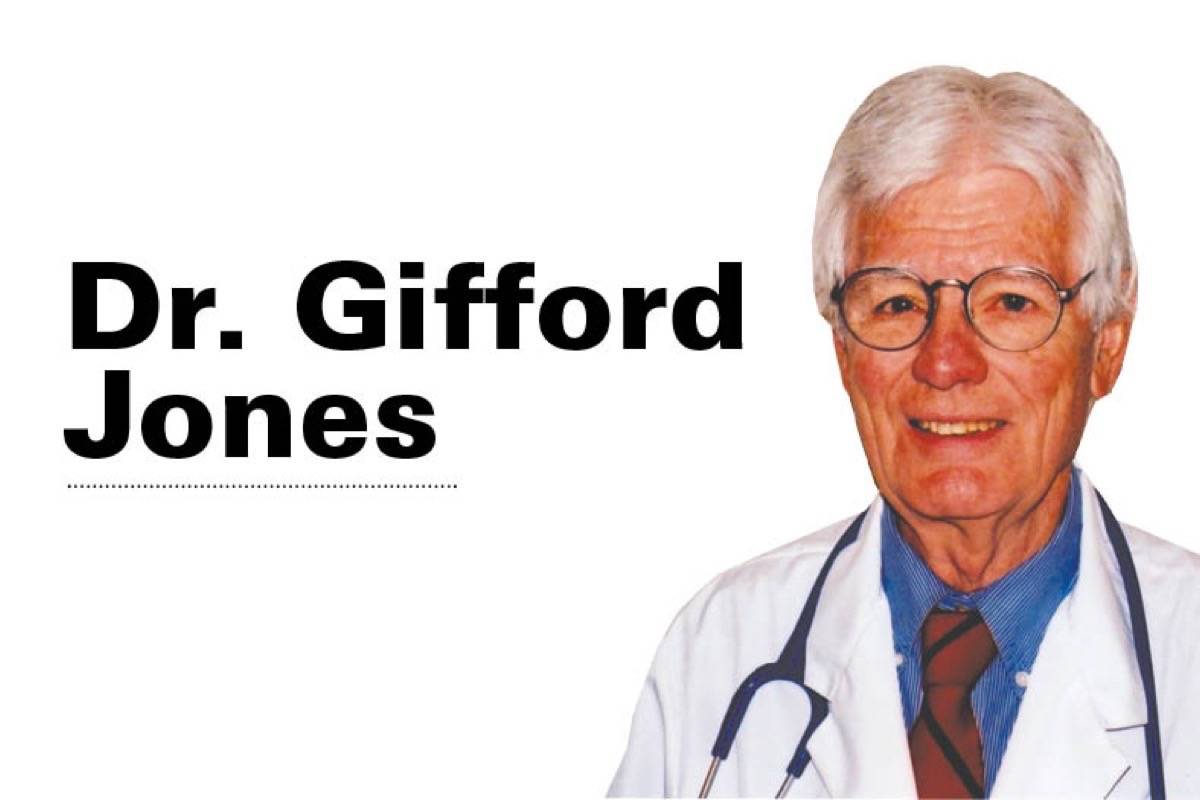Who hasn’t heard of the “Mayflower”, the ship that brought pilgrims to the U.S. in 1620? What is rarely known is that towards the end of that voyage, it was necessary to ration beer, and some pilgrims died as a result. In those days beer was safer to drink than water. It’s still a safe drink when used moderately, but excessive amounts can cause cirrhosis of the liver. And how many know that too much food can also cause nonalcoholic fatty liver disease (NAFLD) in young people, and eventually require a liver transplant?
Today, the worldwide epidemic of Type 2 diabetes is well known. But liver disease rarely gets headlines. Yet, according to the American Liver Foundation, and some experts, 10 percent of all children, particularly those with belly fat, and half of those who are obese, suffer from NAFLD.
This should not come as a surprise to anyone who isn’t blind. Walk around any super market and witness obesity in adults. Then see how often their children are obese. The end result is that children are now developing adult diseases because of too many calories.
The Gifford-Jones Law states that one medical problem often leads to another and another. In this situation, as fat builds up in the liver it becomes inflamed. Scarring occurs just as it does in alcoholic cirrhosis, and this may lead to either liver failure or malignancy.
It’s ironic that excessive amounts of food can cause the same microscopic findings in the liver as alcohol. In fact, pathologists say that these changes are indistinguishable.
It’s also tragic that experts predict it will not be too long before NAFLD will be the top cause of liver transplants. The next problem is there are not enough livers to supply the need. Moreover, we have already reached the point where our health care system is crying for more money.
The good news is that if NAFLD is suspected before inflammation and scarring occurs, it can be reversed by weight loss.
But here’s the bad news. Doctors dealing with this problem say that children with NAFLD often return to the clinic heavier. And that only one in four loses a significant amount of weight.
Moreover, the majority of children and adults with NAFLD go undiagnosed for years as it’s a slow silent killer. The only definitive diagnosis is by liver biopsy. A blood test of liver enzymes can identify those developing this condition.
So we have to get over the idea that only alcohol causes liver damage. In fact, in the past, adult patients were thought to be lying when they denied consuming alcohol.
Is there a possibility that North Americans will get smart, and finally realize what the number one killer is? I doubt it, as history shows the number of obese North Americans continues to increase year after year.
It’s often said that heart attack tops the list as the most frequent cause of death. But I’ve claimed for years it’s really obesity, as it leads to so many medical complications that shorten lives.
The secret for longevity remains the same. Following a healthy lifestyle early in life and sticking with it. Too many attempt it unsuccessfully at the end of life.
Add it all up, and it’s moderation throughout life that wins the day. Just consider alcohol. At least 20 studies show that moderate drinkers live longer than either teetotalers or alcoholics. Alcohol lowers blood cholesterol and decreases the risk of a fatal blood clot.
So beer in moderation never killed anyone on the Mayflower, or anywhere else. In fact, beer contains no cholesterol, fat, triglycerides, sugar, and is low in sodium. It also contains vitamins, calcium for bones, potassium to lower blood pressure and magnesium to regulate the heart’s rhythm.
The government doesn’t prevent the sale of cars because some idiots drive too fast. Yet ironically, and possibly criminally, it prohibits beer and liquor companies from stating that moderate drinking is a healthy habit.
My advice. Buy a bathroom scale and step on it every day. This will help to keep you a moderate consumer of food, alcohol, and exercise. But, if the scale continues to show increasing weight?
Need I say more?
Online, docgiff.com. For comments, info@docgiff.com



